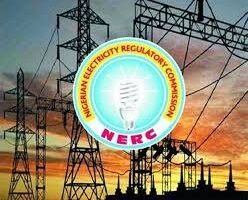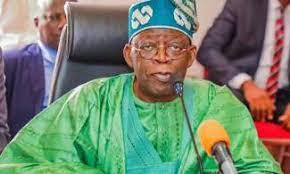The recent over 200 per cent masked increase in electricity tariff approved by the Nigerian Electricity Regulatory Commission (NERC) for Band A that continues to receive condemnations has been described as a recipe for disaster for the country’s manufacturing and business sectors by members of the Nigeria Organised Private Sector (OPSN).
The OPSN comprises top Business Membership Organisations (BMOs) including the Manufacturers Association of Nigeria (MAN), the Nigerian Association of Chambers of Commerce, Industry, Mines and Agriculture (NACCIMA), Nigeria Employers’ Consultative Association (NECA), Nigerian Association of Small Scale Industrialists (NASSI), and the Nigerian Association of Small and Medium Enterprises (NASME).
The body, which represents more than five million businesses in Nigeria said it has taken due notice of the various reforms initiated by the President Bola Tinubu administration to stabilise the economy, enhance human capital development and increase the tax-to-GDP ratio to 15 per cent while enhancing fiscal transparency.
According to a preliminary position on the increase in electricity tariff made known to journalists on Wednesday, the body commended the efforts of the government in stabilizing the economy while looking forward to an accelerated implementation of the right policies to achieve the set objectives.
However, it said it has received numerous complaints from its member-companies on the implications of the recent astronomical increase in electricity tariff by the NERC for Band A customers without the required and proper consultations with the private sector.
The sudden exponential increase in the face of inadequate electricity supply, the business community says is inimical to the competitiveness of Nigerian products and businesses and will definitely exacerbate the impact of high cost of production.
It also affirmed that the astronomical increase is against the MYTO Order referenced NERC/2023/05, which valued the cost-reflective tariff at N114.8/Kwh (determined using exchange rate of N919.39/$1) adding that It also does not reflect the current exchange rate reality that has seen the Naira appreciated by 62.95 per cent over the dollar in the last one month.
Giving a comparative analysis of electricity cost around the world, the Organised Private Sector body disclosed that Nigeria ranks third after Germany and United Kingdom on the list of countries with high electricity cost.




